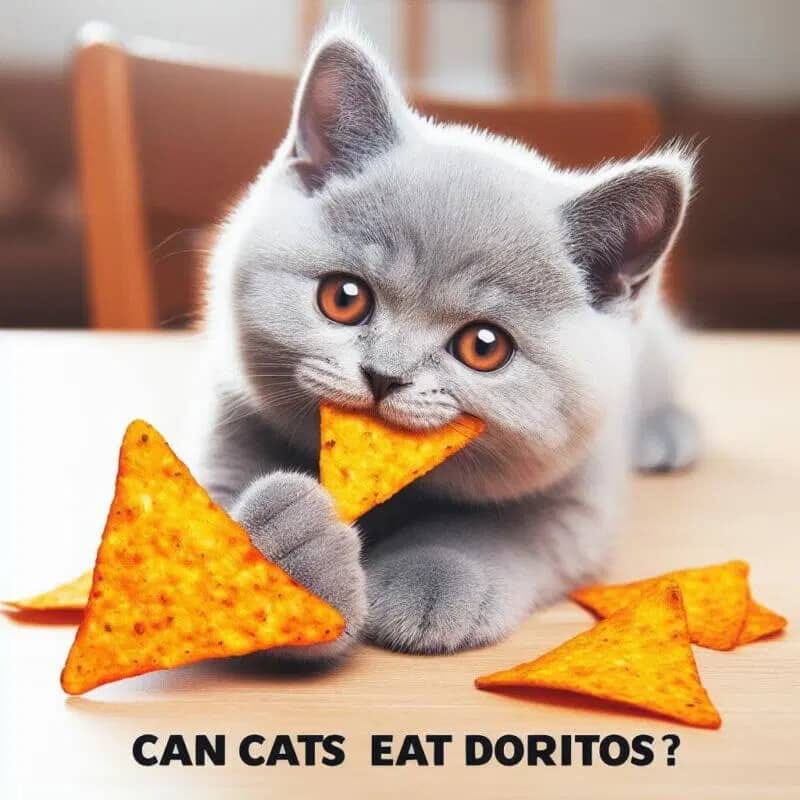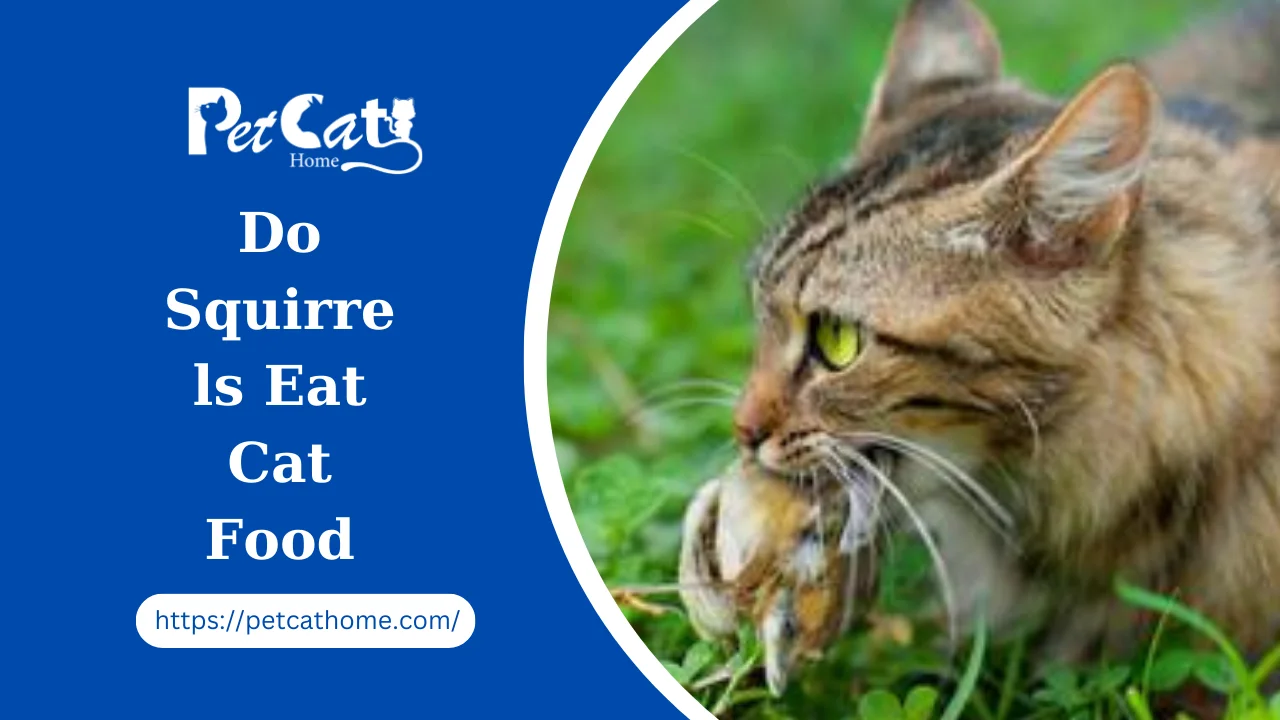Yes, cats can eat kitten food. However, it should not be their primary diet.
Kitten food is formulated for the high energy needs of growing kittens and may not provide the necessary nutrients for adult cats. While it’s safe for cats to consume kitten food on occasion, a balanced adult cat diet is essential for their long-term health and well-being.
Cats have different nutritional needs at various stages of their lives. While kitten food is beneficial for developing kittens, adult cats require a diet that supports their unique needs, including the maintenance of healthy weight and overall well-being. To ensure that your cat receives the appropriate nutrients, it’s important to offer them a balanced diet tailored to their specific life stage. Understanding the nutritional requirements of cats can help you make informed choices to support your feline companion’s health.

Credit: www.linkedin.com
Differences Between Cat Food And Kitten Food
Cat food and kitten food may seem similar, but there are significant differences in their nutritional content and caloric density. Understanding these disparities is crucial for maintaining the health and well-being of your feline companions.
Nutritional Content
Cat food and kitten food vary in the levels of essential nutrients they contain. Kitten food is formulated with higher amounts of protein, fat, and certain vitamins and minerals to support the rapid growth and development of young felines. On the other hand, cat food is formulated to meet the nutritional needs of adult cats, with lower levels of certain nutrients that are essential for kittens. It’s important to provide the appropriate nutritional content at each life stage to ensure the optimal health of your pet.
Caloric Density
The caloric density of kitten food is typically higher than that of cat food. Because kittens are growing rapidly and are often more active than adult cats, they require a diet that provides more energy in a smaller serving. Conversely, adult cats have lower energy requirements and may become overweight if fed a diet with a caloric density that is too high. Understanding the caloric density differences between cat and kitten food can help pet owners make informed decisions when selecting the most suitable diet for their feline friends.

Can Cats Eat Kitten Food?
Cats can eat kitten food, but there are considerations to keep in mind to ensure the health and well-being of your feline friend.
Potential Risks
- Nutrient Imbalance: Excessive kitten food consumption can lead to nutrient imbalances.
- Weight Gain: Kitten food is high in calories, leading to potential weight gain in adult cats.
- Digestive Upset: Sudden diet changes can cause digestive issues in cats.
Suitability For Adult Cats
- Protein Levels: Kitten food has higher protein content beneficial for growth but may not be ideal for adult cats.
- Caloric Needs: Adult cats have lower caloric needs compared to growing kittens.
- Consult Veterinarian: It’s essential to consult a vet before feeding kitten food to adult cats.
How To Transition From Kitten Food To Cat Food
Transitioning a kitten from kitten food to cat food should be a gradual process to avoid digestive issues. It’s important to consider the age, size, and individual needs of the cat when making the switch. A slow transition by mixing the two foods together over a period of time will help the cat adjust to the new diet without any problems.
Gradual Introduction
If you’ve been feeding your kitten specialized kitten food, it’s important to transition them to adult cat food as they grow. A sudden change in diet can upset their digestive system, so it’s best to introduce the new food gradually. Here are a few steps to help you make a smooth transition from kitten food to cat food.
- Start by mixing a small amount of adult cat food with your kitten’s usual kitten food.
- Gradually increase the amount of adult cat food over the course of a week or two.
- Monitor your kitten’s response to the new food and make sure they are adjusting well.
- If your kitten experiences any digestive issues, slow down the transition and give their system more time to adapt.
By gradually introducing the new cat food, you can help prevent any digestive upset and ensure a smooth transition for your kitten.
Balanced Diet Considerations
When transitioning your kitten from kitten food to cat food, it’s important to consider their nutritional needs. While kitten food is formulated to support their growth and development, adult cat food is formulated to meet the needs of fully grown cats. Here are a few things to keep in mind:
- Ensure that the adult cat food you choose is complete and balanced, providing all the necessary nutrients for your cat’s well-being.
- Take into account your cat’s age, size, and activity level when selecting the appropriate adult cat food.
- Consult with your veterinarian if you have any concerns or questions about your cat’s nutritional needs during the transition.
Transitioning your kitten to adult cat food is an important step in their development. By considering their balanced diet needs, you can help support their health and well-being as they grow.
Special Dietary Considerations For Cats
When it comes to feeding your cat, there are special dietary considerations that need to be taken into account. This is especially true for cats with health conditions or senior cats. Understanding these considerations will help ensure that your feline friend gets the nutrition they need to thrive. In this article, we will explore the importance of special dietary considerations for cats and delve into two specific areas: health conditions and senior cats.
Health Conditions
If your cat has a health condition, it’s important to consult with your veterinarian to determine the best diet for them. Certain health conditions may require specific nutritional needs or dietary restrictions. For example, cats with diabetes may benefit from a diet that is low in carbohydrates and high in protein. Similarly, cats with kidney disease may require a diet that is low in phosphorus to help support kidney function.
Here are some health conditions that may require special dietary considerations:
- Diabetes: Cats with diabetes may require a diet that is low in carbohydrates and high in protein. This can help regulate their blood sugar levels and manage their condition.
- Kidney Disease: Cats with kidney disease may benefit from a diet that is low in phosphorus. This can help reduce the burden on the kidneys and slow the progression of the disease.
- Food Allergies: Some cats may have food allergies or sensitivities, which may require a special diet that avoids the allergen.
- Inflammatory Bowel Disease: Cats with inflammatory bowel disease may benefit from a diet that is easily digestible and gentle on the stomach.
Senior Cats
As cats age, their nutritional needs may change. Senior cats often have slower metabolisms and may be more prone to certain health issues, such as arthritis or kidney disease. Providing a diet that is tailored to their specific needs can help support their overall health and well-being.
Here are some considerations for feeding senior cats:
- Weight Management: Senior cats may have a tendency to gain weight more easily. Choosing a diet that is lower in calories can help prevent obesity and maintain a healthy weight.
- Joint Health: As cats age, they may be more prone to arthritis or joint stiffness. A diet that includes ingredients like glucosamine and omega-3 fatty acids can help support joint health.
- Kidney Health: Senior cats are at an increased risk for kidney disease. A diet that is low in phosphorus can help reduce the burden on their kidneys and support kidney function.
- Maintaining Muscle Mass: Older cats may experience muscle loss. Providing a diet that is high in protein can help maintain muscle mass and prevent muscle wasting.
By understanding the special dietary considerations for cats, particularly those with health conditions or senior cats, you can make informed choices when it comes to feeding your feline companion. Consulting with your veterinarian can provide valuable guidance and ensure that your cat’s nutritional needs are being met.
Choosing The Right Food For Cats
Reading Labels
When choosing cat food, start by reading the labels to ensure the food is specially formulated for adult cats.
Consulting A Veterinarian
Consult your veterinarian to determine the best food for your cat’s specific dietary needs.

Frequently Asked Questions Of Can Cats Eat Kitten Food
Can Kittens Eat Regular Cat Food?
Yes, kittens can eat regular cat food once they are weaned. However, kitten-specific food is recommended for their optimal growth and development due to higher protein and fat content.
Is Kitten Food Necessary For Adult Cats?
While adult cats can eat kitten food, it is not necessary for them. Adult cats have different nutritional requirements than kittens. Feeding adult cats with kitten food may lead to obesity from excess calories.
How Often Should Kittens Eat Kitten Food?
Kittens should be fed kitten food multiple times a day. Young kittens require frequent feeding to meet their high energy needs for growth and development. It is recommended to feed kittens 3-4 times daily.
Conclusion
Ultimately, it’s best for adult to stick to adult cat food. While kitten food can be a treat, it lacks nutrients for grown cats. Remember to consult your vet for dietary advice tailored to your cat’s specific needs.
